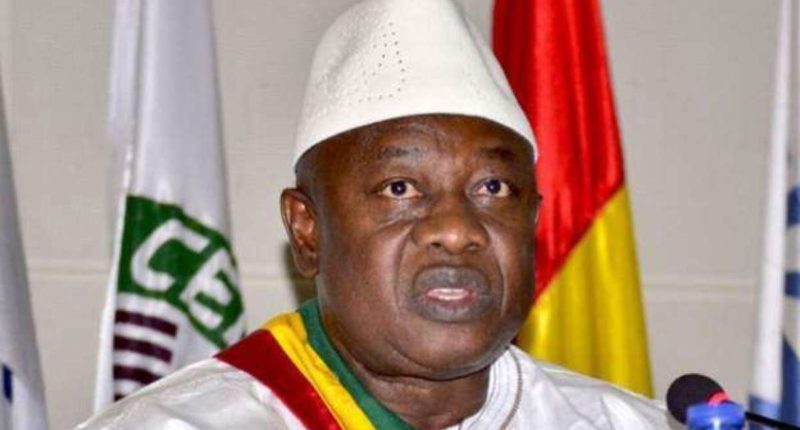Guinea Bissau’s political crisis continues to escalate following the failure by the two presidential candidates to agree on the outcome of December’s election.
While ex-prime minister and military general Umaro Sissoco Embalo was declared winner of the presidential election by the electoral commission, the ruling party rejected the results and challenged them in the Supreme Court.
Last week, Embalo swore himself in as president, while the African Party for the Independence of Guinea and Cape Verde (PAIGC) which enjoys a majority in parliament also installed a rival president and prime minister.
Cipriano Cassama resigned Sunday after serving just one full day as the Guinea-Bissau’s interim president, saying his life and the stability of the country were in danger. He told reporters in Bissau, that he is resigning because as an interim president, he needs to have all the security conditions to fulfill his duties, as his my life’s is in danger.
Cassama was sworn in by lawmakers late on Feb. 28 after the PAIGC party, which holds a majority in parliament, rejected the swearing-in a day earlier of Umaro Sissoco Embalo, the winner of a Dec. 29 presidential run-off election in the West African nation.
Outgoing President Jose Mario Vaz had handed over power to Embalo at a hotel in Bissau last week. The PAIGC claims that Embalo’s victory was marred by fraud and its losing candidate, Domingos Simoes Pereira, is demanding a recount.
The political feud is threatening more turmoil in one of the world’s poorest countries, which has previously been a haven for gangs smuggling cocaine from South America into Europe.
Record cocaine busts in Guinea-Bissau and Cape Verde last year have fueled fears of a resurgence of drug trafficking in West Africa that’s likely to benefit Islamist militants in the region.
Despite not being in the December ballot Cassamá was appointed by parliament, the majority of whose lawmakers have refused to acknowledge Embalo’s victory. Guinea-Bissau still has two rival prime ministers.
Guinea-Bissau’s military deployed at key state installations in the capital on Saturday, following the installation of two rival presidents in the West African country.





